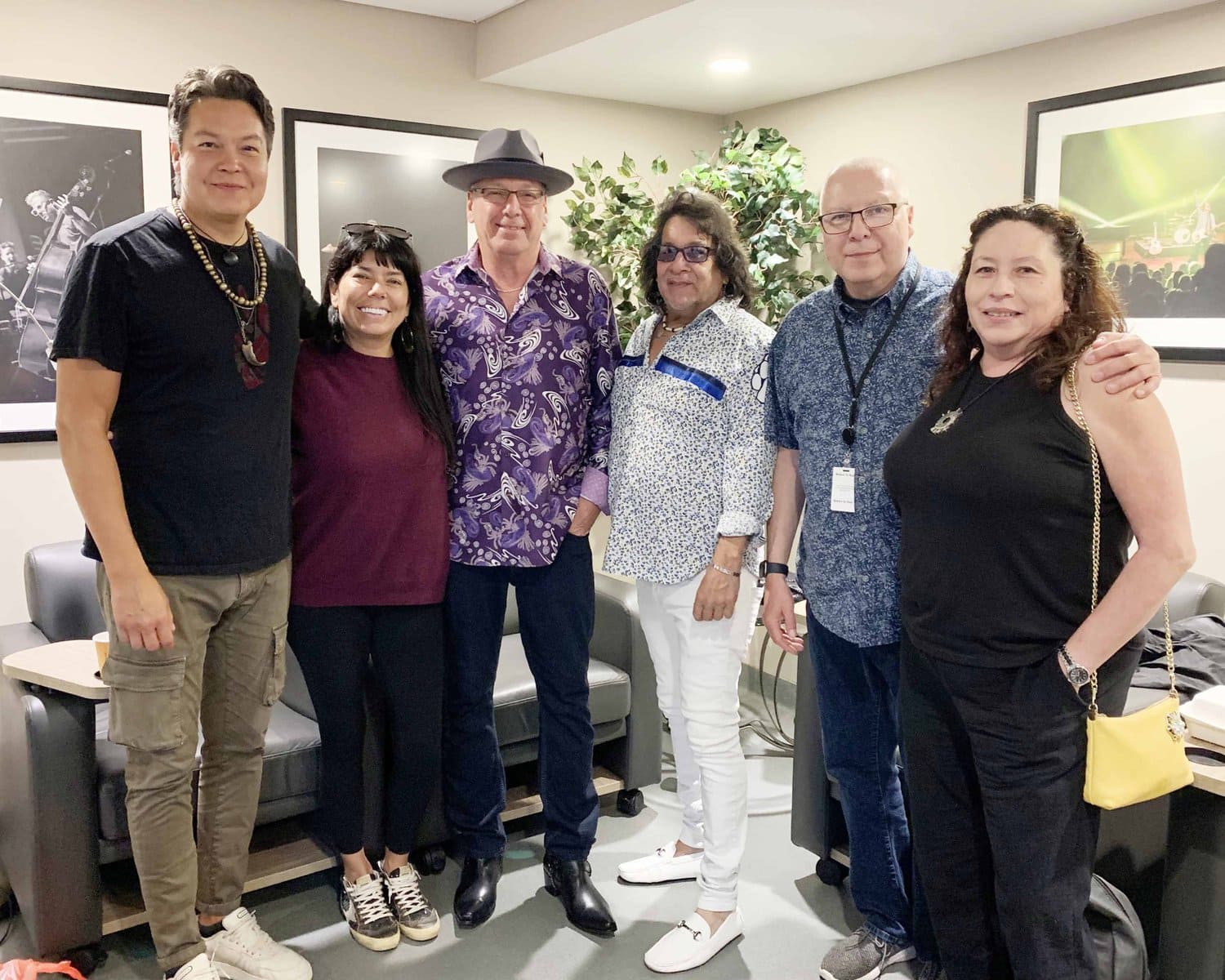Tim Johnson
Special to The Lake Report
As we reflect upon the seventh annual Celebration of Nations Indigenous gathering in St. Catharines, it’s useful to point out the features that make it appealing and distinct.
Its inclusive orientation, embracing a broad range of Indigenous expressive arts, creates ample connections for audience engagement across a variety of genres and interests.
Traditional and modern dance, contemporary music, storytelling, visual arts, crafts workshops, poetry and other cultural programs punctuated a full schedule over the weekend.
From its start, the gathering has also integrated programs that address significant themes to promote cross-cultural learning and address the mandate and calls to action of the Truth and Reconciliation Commission.
This work follows from the installation and October 2016 unveiling of Niagara Parks’ Landscape of Nations Commemorative Memorial, which dramatically increased public awareness of Indigenous contributions to the defence and founding of Canada.
It also reset the tone for renewed diplomatic relations among Indigenous peoples and municipalities, organizations and agencies. The Niagara region has been profoundly changed as a result.
Deepening the public’s understanding of Indigenous history and the antecedents that shape current events is of vital importance for informed and respectful dialogue.
Several programs at the gathering that delved into this realm also highlighted opportunities for shared values and common interests among Indigenous peoples and Canadians.
These extended from the opening Outstanding Achievement Awards ceremony on Friday evening, through highly entertaining concept events and concerts, to seminars that provided in-depth information.
I am particularly proud of the Celebration of Nations Outstanding Achievement Awards, which I conceptualized and implemented five years ago. They have become highly respected, honoured and valued acknowledgements.
The awards recognize credentialed and inspirational leaders who have had an impact within the Niagara community and beyond. The categories include a focus on performing arts, visual arts, intellectual advancement, Indigenous language and culture, empathic traditions, and, importantly, allyship exhibited by supporters of Indigenous peoples.
For this year’s concert, Border Crossing: Blues, I tackled the complicated issue of Indigenous border-crossing rights. Over the ages among Indigenous peoples, the international border that separates Canada from the United States didn’t exist.
In this region, the Niagara River and Great Lakes were transportation routes for thousands of years, with boundaries remaining open and fluid.
With the arrival of Europeans and the emergence of new nation states, defined through war and negotiation, a border was established that eventually drew a line dividing Indigenous families and nations from each other.
Given the subject matter it made sense to bring together two celebrated Indigenous award-winning bands, one from within Canada (the 2023 Juno Award recipient Digging Roots), and one from within the United States (the 2022 Native American Music Award recipient the Ripcords), to perform blues and rock-infused songs that reveal the continuity of Indigenous cultures across the dividing line.
Two powerful and moving seminars were what I would call “movement-based” programs that possess Indigenous relevance of concern and interest to all members of the public.
The first, The Mohawk Institute: Purpose and Preview of a National Site of Conscience, provided insights to a profoundly important project, not only for Six Nations of the Grand River, but also for the survivors of numerous other First Nations whose children were sent to the school, as well as all within Canadian society who seek understanding of the impacts and legacy of Indian residential schools.
Given its educational nature, the significance of this work cannot be overstated. Such locations as the Mohawk Institute reside in the interstices of history when and where a societal desire seeks to prevent the erasure of memories in order that future generations can learn critical lessons from the past.
The second seminar, UNESCO Niagara Escarpment Biosphere: Co-governance in a Time of Urgency, focused on an emergent movement with a session supporting the development of a community-based grassroots organization, the Niagara Escarpment Biosphere Network.
The network is dedicated to sustaining the broadly forested land area that boasts the highest level of species diversity among Canadian biospheres, including more than 300 bird species, 55 mammals, 36 reptiles and amphibians, 90 fish, and hundreds of varieties of special-interest flora.
Numerous environmental crises are emerging today.
From more than 500 forest fires raging across Canada this year, choking lungs as far south as the United States and as far east as southern Europe, to the deadly fungal disease oak wilt (which could devastate Canada’s forests), these and other climate change-influenced events are challenging our notions of basic environmental sustainability.
In Niagara, up and down the escarpment and across a wide sector of informed conservation, education and environmental groups, a broad movement is taking hold, and Indigenous peoples are directly involved.
To appreciate the oeuvre that constitutes Celebration of Nations and what it has accomplished over the past seven years is to understand its intentions and to recognize the breadth and depth of its offerings.
Its format is somewhat unique among Indigenous gatherings and due to its effectiveness in seeking to bridge borders between peoples serves as a model for other regions seeking to improve understandings and relations.
And the crowning awareness is the realization of how much intelligent, creative and earnest talent exists in the Indigenous world.
Niagara-on-the-Lake’s Tim Johnson is the artistic producer of Celebration of Nations. He also serves as a senior adviser to the Niagara Parks Commission, Plenty Canada, the Friends of Laura Secord and is senior Indigenous curatorial adviser to the Royal Ontario Museum.










